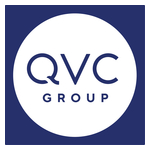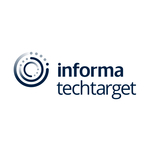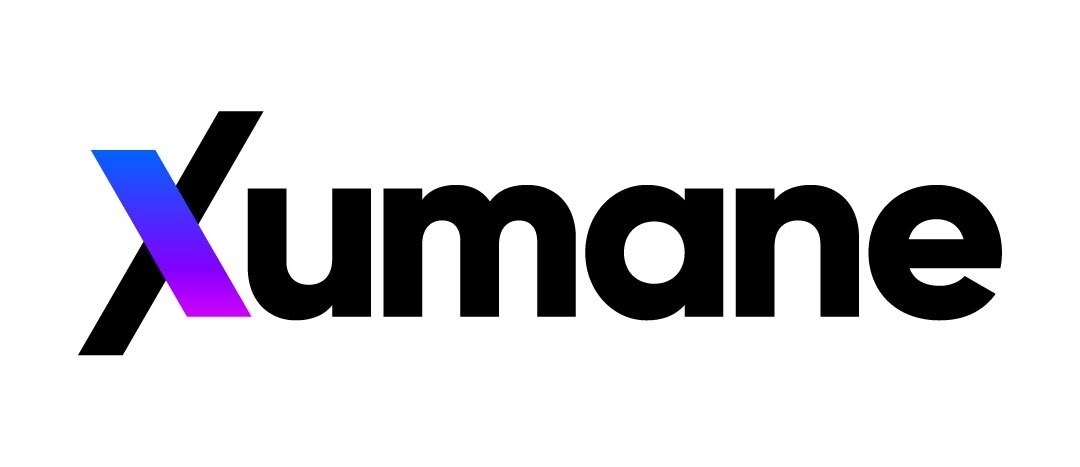Survey spotlights shifting expectations and more measured pace of innovation as use of digital solutions matures within the biotech and pharma industry
ICON Survey Highlights Sustained Investment in AI and Digital R&D Innovation, Tempered by Siloed Adoption
Claire Quinn, Corporate Communications, ICON
+353 87 4066091
claire.quinn@iconplc.com
Lisa Henry, Weber Shandwick (PR adviser)
+44 7785 458203
lhenry@webershandwick.com
ICON plc, (NASDAQ: ICLR) a world-leading clinical research organisation powered by healthcare intelligence, today announced results from a recent global survey of 101 biotech and pharma professionals across Europe and North America to understand the trajectory of AI and digital innovation adoption within clinical research.
Respondents revealed that attitudes towards the potential impact of digital tools and AI solutions remain relatively positive. Sponsors’ optimism about their potential to improve R&D productivity has grown +5% since 2019 – the last time ICON conducted a similar survey.
They agreed that digital tools could improve return on R&D investments (82%), improve product safety and efficacy (76%), and support ability to compete in targeted medicine markets (76%). But, compared to 2019, sponsors now have more realistic expectations on how quickly the benefits of AI can be realised at a broader level, and the investment of capital, time and expertise needed to create tangible results.
In its new whitepaper on these findings, “Digital disruption: Surveying the industry's evolving landscape”, ICON shares how and why companies should take a more integrated approach to digital tools and AI.
Tom O’Leary, Chief Information Officer, ICON commented: “Over the last five years the life sciences industry has gained a greater appreciation of the level of investment required to capitalise on the potential of AI and digital tools. Digital innovation in clinical research can support more efficient and less burdensome trials. But in order to fully realise the productivity gains, companies must embrace what these tools can offer at a broad level, as opposed to one-off applications.”
The survey found that investment in AI and digital tools is significant. Over the past five years, the average total investment increase in digital tools is estimated at 34%. Looking forward, 88% of respondents expect their organisation to increase investment in the next one or two years.
However, at this stage in their implementation journeys, new technologies are being used more in single development programs, with organisations not yet incorporating them at a wider scale. A large majority of respondents (70%) said their focus was either piloting or selectively using AI in clinical development. Only 13% said they have a comprehensive AI program fully implemented.
Respondents now have a clearer view of the challenges around large scale adoption and implementation within clinical development. The primary issues cited as delaying broader digital adoption included concerns around patient safety, data integrity, and regulatory compliance.
Tom O’Leary commented, “Comprehensive and strategic approaches are required to navigate complexity and maximise digital technologies in R&D, despite some organisations’ understandable hesitations due to potential risks. Watching and waiting whilst others test, assess and refine is a safe bet, but it slows the overall pace of digital innovation.
“Tools designed specifically for clinical trials are better placed to address the unique challenges and regulatory demands. With an understanding of these complexities, in addition to the required investment and approaches, the benefits of AI and digital tools in R&D can be realised sooner. ICON’s comprehensive suite of solutions can enhance operational efficiencies in drug development to facilitate successful trials that result in better outcomes for sites and patients.”
ICON’s new whitepaper sets out how companies can address these barriers across increasingly complex and costly trials and how to avoid operational disruptions associated with digital transformation. It shares considerations for navigating regulatory uncertainties around new technology implementation.
For further information please visit ICONplc.com/digitaldisruption.
About ICON plc
ICON plc is a world-leading healthcare intelligence and clinical research organisation. From molecule to medicine, we advance clinical research providing outsourced services to pharmaceutical, biotechnology, medical device and government and public health organisations. We develop new innovations, drive emerging therapies forward and improve patient lives. With headquarters in Dublin, Ireland, ICON employed approximately 42,250 employees in 106 locations in 55 countries as at September 30, 2024. For further information about ICON, visit: www.iconplc.com.
ICON/ICLR-G
View source version on businesswire.com: https://www.businesswire.com/news/home/20241205058924/en/

 Business wire
Business wire 












Add Comment